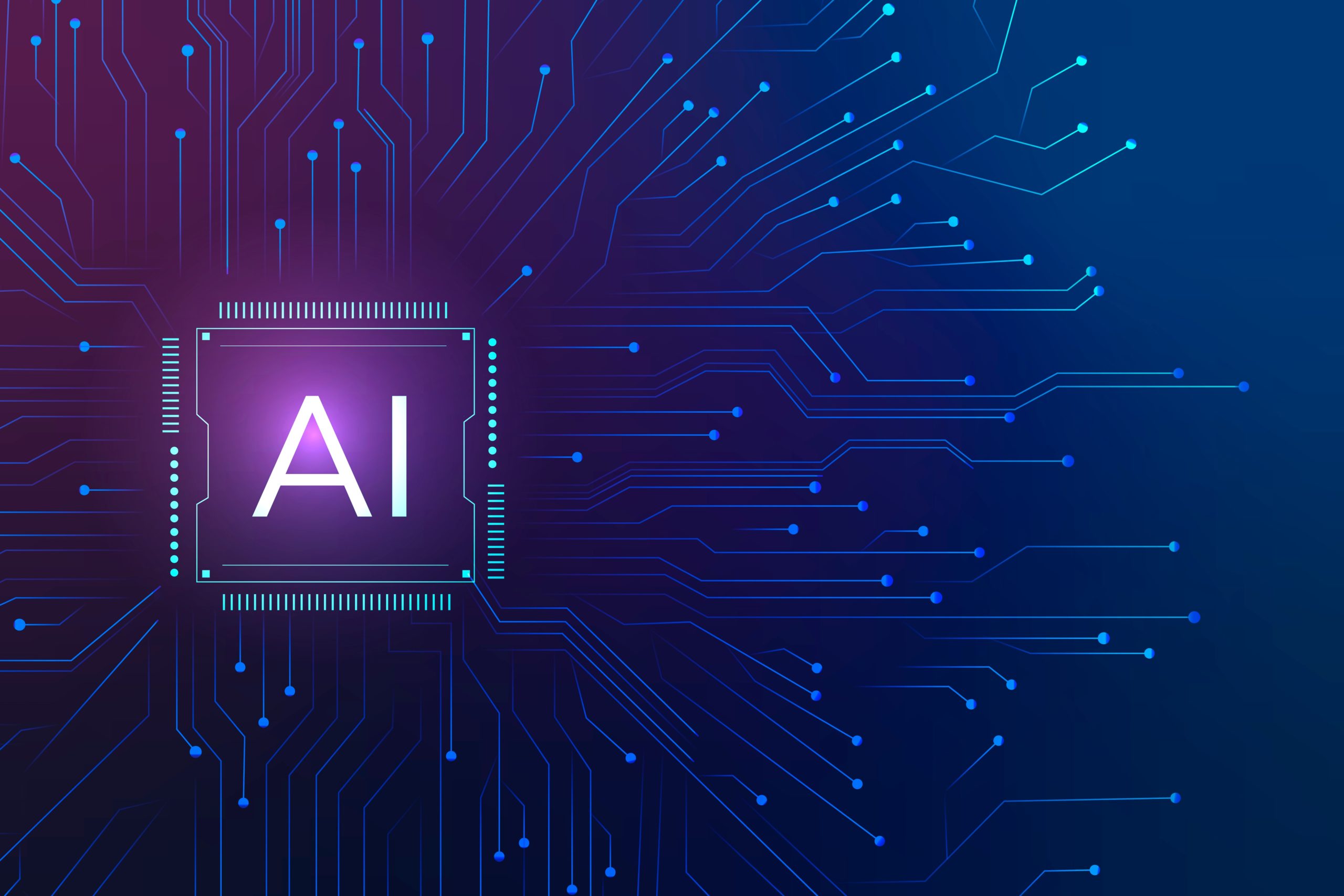The Future is Now: 5 Real-World Applications of AI Changing Our Lives
Think robots are taking over the world? While that may be far-fetched, artificial intelligence (AI) is no longer a futuristic fantasy. It’s woven into the fabric of our daily lives, quietly yet profoundly changing how we work, interact, and even think. From the moment you scroll through personalized news feeds to the self-driving car recommendations on your map app, AI is subtly shaping our reality.
But AI isn’t just about fancy gadgets and entertainment. It’s rapidly transforming industries, revolutionizing healthcare, and even tackling global challenges. Let’s explore five real-world applications of AI that are already impacting our lives and shaping the future:
Supercharging Healthcare:
Imagine AI acting as a tireless medical assistant, analyzing scans with superhuman accuracy, predicting disease outbreaks, and even personalizing treatment plans. This isn’t a distant dream; it’s happening now. AI-powered systems are:
Diagnosing diseases: Deep learning algorithms are analyzing medical images with impressive accuracy, aiding in the early detection of cancers and other conditions.
Developing personalized medicine: AI is helping tailor treatments to individual patients based on their unique genetic makeup and medical history, paving the way for more effective therapies.
Assisting in surgery: Robotic surgeons guided by AI are performing minimally invasive procedures with greater precision and speed, leading to faster recovery times for patients.
Revolutionizing Transportation:
Buckle up for a driverless future! Self-driving cars are no longer science fiction. Autonomous vehicles equipped with AI are:
Improving road safety: By eliminating human error, AI-powered cars could significantly reduce traffic accidents and fatalities.
Easing traffic congestion: Optimizing routes and predicting traffic patterns using AI will lead to smoother flow and less time spent stuck in jams.
Providing mobility for all: Self-driving cars can offer transportation independence to those who cannot drive themselves, enhancing accessibility and social inclusion.

Reshaping Retail:
Say goodbye to endless aisles and hello to personalized shopping experiences. AI is transforming retail by:
Offering intelligent recommendations: Recommender systems powered by AI curate product suggestions based on your past purchases and browsing behavior, making shopping more efficient and enjoyable.
Optimizing inventory management: AI algorithms predict demand and optimize stock levels, reducing waste and ensuring products are always available when you need them.
Enhancing customer service: Chatbots powered by AI can answer your questions, troubleshoot problems, and even offer personalized product recommendations, providing 24/7 customer support.
Combating Climate Change:
The fight against climate change requires innovative solutions, and AI is emerging as a powerful tool:
Modeling climate trends: AI is analyzing vast amounts of climate data to predict future weather patterns and understand the impact of human activities on the environment.
Developing renewable energy sources: AI is optimizing the efficiency of solar panels, wind turbines, and other renewable energy technologies, accelerating the transition to clean energy.
Monitoring environmental threats: AI-powered systems are tracking deforestation, pollution levels, and other environmental challenges, enabling proactive measures to protect our planet.

Empowering Education:
Imagine a learning experience tailored to your individual needs and pace. AI is transforming education by:
Providing personalized learning: AI-powered platforms adapt to each student’s learning style and pace, offering customized practice and support where needed.
Automating tedious tasks: Chatbots powered by AI can answer students’ questions and handle administrative tasks, freeing up teachers’ time for personalized interaction.
Identifying learning gaps: AI algorithms can analyze student performance data to identify areas where they might need additional support, allowing teachers to intervene early and provide targeted instruction.
These are just a few examples of how AI is already impacting our lives, and the possibilities are endless. As technology continues to evolve, AI will play an even more prominent role in shaping the future. But remember, AI is not magic; it’s a tool, and like any tool, its impact depends on how we use it. By ensuring responsible development, ethical considerations, and inclusivity, we can harness the power of AI to build a better world for all.

